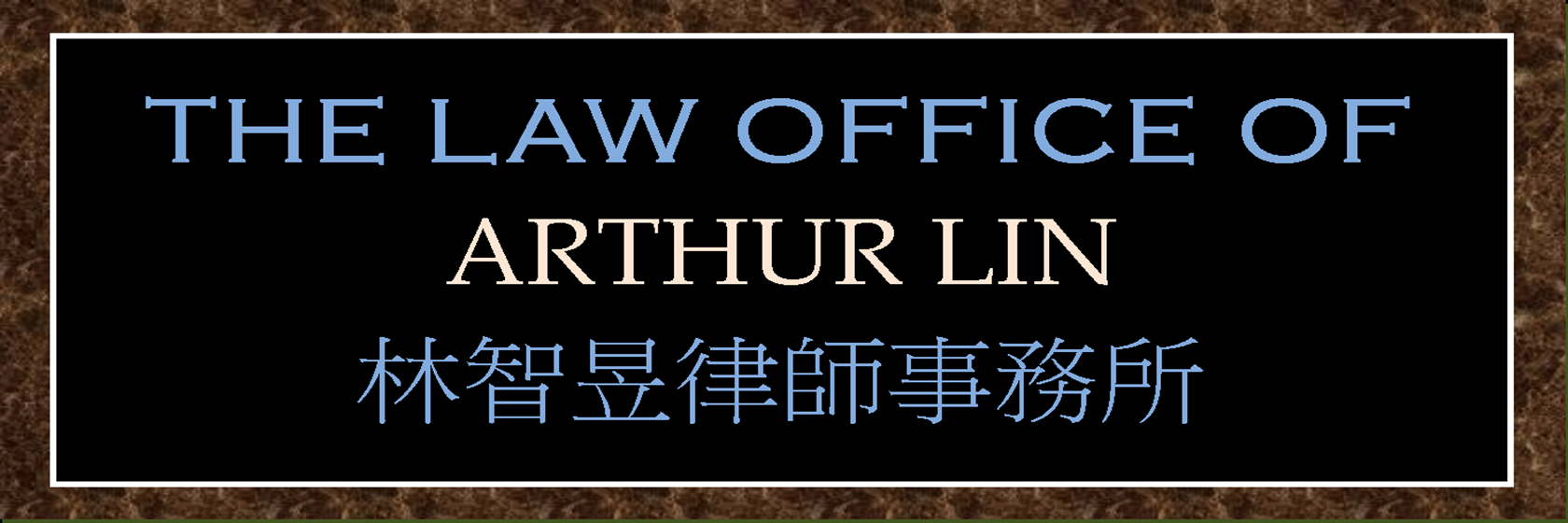Physical And Legal Custody
Physical custody refers to physical responsibility for the care of a child. Joint physical custody means that both parents have significant periods of physical custody, although the time arrangements can be disproportionate (such as one parent having the children on alternate weekends and the other parent having them the rest of the time). Sole physical custody means that the children live with one parent all the time, although the other parent may have visitation rights.
Legal custody refers to decision-making authority over the children’s lives. Joint legal custody means that both parents have the authority to make decisions regarding the children’s education, health care, religion, etc.
A report of child abuse can result in the accused parent losing custody or shift jurisdiction to the dependency court. In such cases, the parents may need to retain counsel specializing in this area of law.
Custody litigation subjects the parents to close scrutiny: their actions and words will be reviewed and judged. Such battles are often very time-consuming for attorneys and clients, and therefore expensive.
